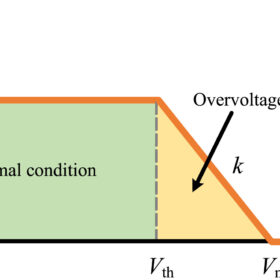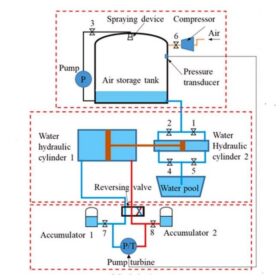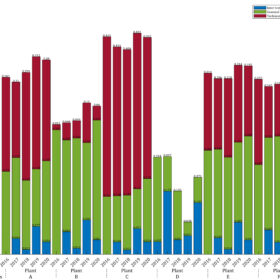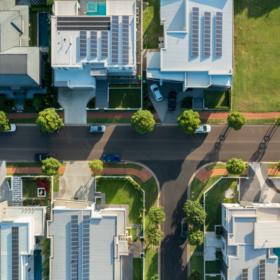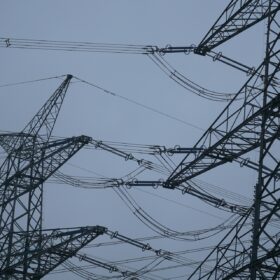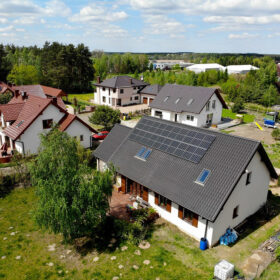Techno-economic feasibility of hydrogen storage in hydro-dominated countries
Scientists have investigated different techno-economic scenarios for using hydrogen storage in combination with hydropower and pumped hydro storage in Switzerland. They have found that hydrogen storage plays no major role under most conditions.
New PV system design strategy avoids oversizing, curtailment
A group of scientists in Thailand has outlined a new approach to avoid oversizing and overvoltage in energy markets applying volt-watt droop curtailment strategies. The novel methodology leads to a reduction in a PV system’s net present value but also increases its levelized cost of energy.
Renew Home launches virtual power plant solution
Renew Home, a partnership between Google Nest Renew and OhmConnect, aims to expand from 3 GW of electrical energy use to 50 GW by 2030.
India’s first utility-scale, standalone storage project gets regulatory nod
BSES Rajdhani Power’s new 20 MW/ 40 MWh project is India’s first utility-scale, standalone battery energy storage system to secure regulatory approval under Section 63 of the Indian Electricity Act, 2003. The project is supported by a concessional loan from the Global Energy Alliance for People and Planet (GEAPP).
Integrating pumped hydro with compressed air energy storage
A group of Chinese researchers has made a first attempt to integrate pumped hydro with compressed air storage and has found the latter may help the former to better deal with large head variations.
The impact of seasonal, meteorological factors on PV plant performance
Scientists in Japan have investigated the impact of seasonal, metereological factors on solar plant performance and have found the average power generation inefficiency reached significant levels. The findings suggest that optimal site for power plants requires careful consideration of meteorological and geographical data.
South Australia tests energy-smart homes to ease pressure on grid
An “Australian first” demonstration of aggregated flexible demand in residential settings will be rolled out in South Australia, with the state’s principle electricity distributor to deliver smart energy upgrades for 500 households as part of a pilot program to coordinate power usage and support the grid.
Azerbaijan, Kazakhstan, Uzbekistan plan energy interconnection
Ministers from Kazakhstan, Azerbaijan and Uzbekistan have agreed to connect their energy systems. They will lay an energy cable along the bottom of the Caspian Sea to facilitate the sale of green energy to Europe.
Belgian grid operator releases tool to help residential PV system owners detect inverter failures
The so-called “network checker” will allow residential PV customers in Belgium to check if there have been any inverter failures in their local area. It comes after Belgian grid operator Fluvius launched a compensation scheme for those who are not reconnected within 30 working days of a curtailment.
Swedish researchers propose tailored PV incentives
Researchers in Sweden have investigated incentive programs for rooftop PV and proposed the adaptation of future schemes to different investor profiles.

